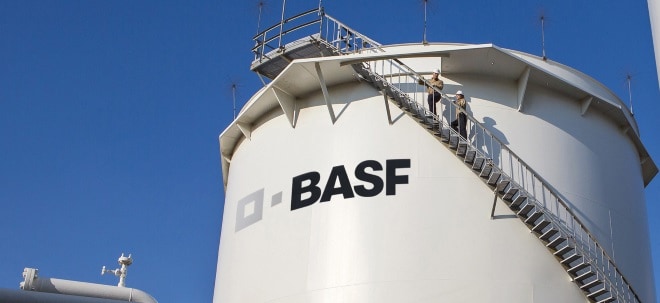
Jackpot in the South China Sea The discovery of a massive oil field in the South China Seas destroys two myths in a single blow. If you grasp its significance, you can collect a pot-full of cash. But you’ll have to move fast. The field is called Liwan 3-1-1, and it lies just 155 miles south of Hong Kong, 5,000 feet below sea level. In oil business jargon, Liwan 3-1-1 is an elephant—absolutely enormous—and it effectively doubles reserves for its owners. Amazingly, it was the first hole drilled in the area! Two assumptions have been driving oil prices recently, and both now look wrong. The first assumption was that China’s continued growth could only come at a higher and higher price as its demand for energy drove oil prices beyond $70 to $100 or more. Liwan 3-1-1 suggests that the South China Seas may become to China what the Gulf of Mexico has been to U.S. economic growth for the last century. Not only would this stabilize energy prices globally, but it would ignite a fresh China boom! Here at China Strategy, we are well-positioned to capitalize on such a boom. Indeed, when you put China’s global energy initiatives together, you quickly realize: Beijing’s not going to risk a chance of an economic slowdown over energy prices. China’s Little Napoleon China’s oil giants are as fossilized as the fuel they sell—and I’ve said so publicly. But I’ve also said that there are only two oil companies that are unique and worth buying. And one is the oil company that has just found Liwan 3-1-1. The significance of the discovery, and the fact that this feisty company owns it, add up to a potential double for fast movers. The company is run on Western principles, with American-trained managers and a keen sense of investor value. These factors put this China oil company in a class of its own, but here’s the capper: although relatively small, so deep are this company’s pockets, there is almost no deal it could not swing. It is a key player in the Alberta oil sands. Plus, the company recently bought access to oil and natural gas in the waters of Australia and Indonesia. These deals boosted revenues 30% last year, and plumped up profits 40%. Sudan, Nigeria, Kenya—wherever a claim is to be staked, these guys are in there, promising roads and royalties. Indeed, for the past decade, acquisitions have grown this company’s oil reserves by 15% per year! The stock was up almost 40% for us in China Strategy last year, and it should climb another 30% in the next few months. That may even be an overly conservative prediction. Remember, China is sucking up energy faster than any country on Earth, and it has been unable to reduce the strain it places on world oil markets. It has built enough power plants in the past year to light Italy—and still blackouts blight the industrial and domestic routine in most cities throughout China. The Blue Sky Strategy Our feisty China oil company has another card up its sleeve, too: natural gas. It’s no secret that, environmentally-speaking, China is toxic. High oil prices have pushed China back to coal, with the result that sulphur-dioxide emissions rose 15% in 2005. In some areas of China, such as Xian, the soil is black, the rivers are dry, slagheaps tower over villages, there are no trees, and even taking a breath is painful. The solution is natural gas and many cities have new laid pipelines to bring this clean fuel to every residence. Our China oil company recently signed a $13 billion contract to buy Liquefied Natural Gas (LNG) from Australia. A huge new natural gas find, the Gorgon Field, located in the shallow waters of the North West Shelf, has also been snapped up by this company. The first LNG tanker has already arrived at the company’s vast new terminal at Guangdong—ushering in a new era of cleaner, but perhaps not cheaper, energy. Quelle: www.chinaprofitstrategy.com/freereport/ChinaQuakeReport/index.html |


 Thread abonnieren
Thread abonnieren



